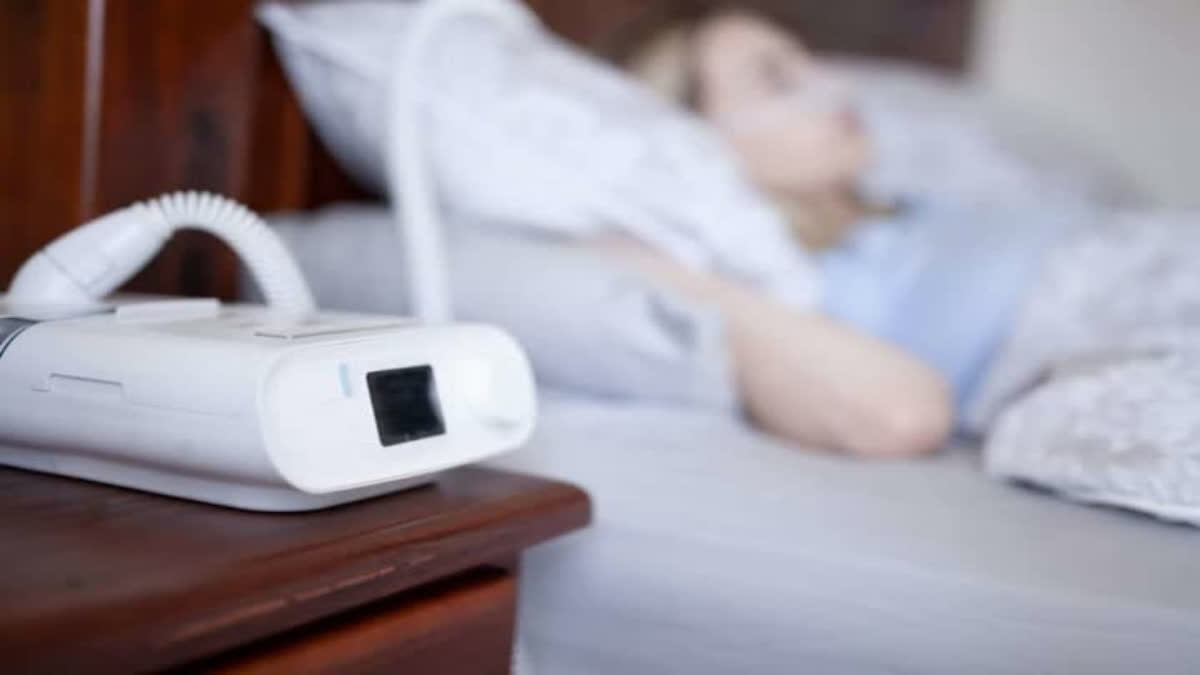New Delhi:Sleep disruptions negatively influence how we react to everyday events, a study analysing 50 years of research on sleep deprivation and mood has found.
Researchers found that sleep disruptions for one or more nights, staying awake for extended periods and shorter sleep durations resulted in fewer positive emotions such as joy, happiness and contentment among participants, in addition to numbing them to emotionally arousing situations.
The researchers, including those from the University of Houston, US, also found that such disturbances to sleep routines heightened anxiety symptoms in the participants, such as a rapid heart rate and increased worrying. They analysed data from 154 studies with 5,715 total participants.
"The implications of this research for individual and public health are considerable in a largely sleep-deprived society. "Industries and sectors prone to sleep loss, such as first responders, pilots, and truck drivers, should develop and adopt policies that prioritize sleep to mitigate against the risks to daytime function and well-being," said Cara Palmer, an assistant professor at Montana State University, US, and co-first author of the study published in the journal Psychological Bulletin.
Palmer said that the study represented the most comprehensive analysis of experimental sleep and emotion research to date, providing strong evidence that sleep disruptions adversely influenced human emotional functioning. In all these 154 studies, scientists disturbed the participants' sleep for one or more nights, or kept them awake for longer durations, or were allowed a shorter-than-typical amount of sleep, or were periodically awakened throughout the night, the researchers said.
